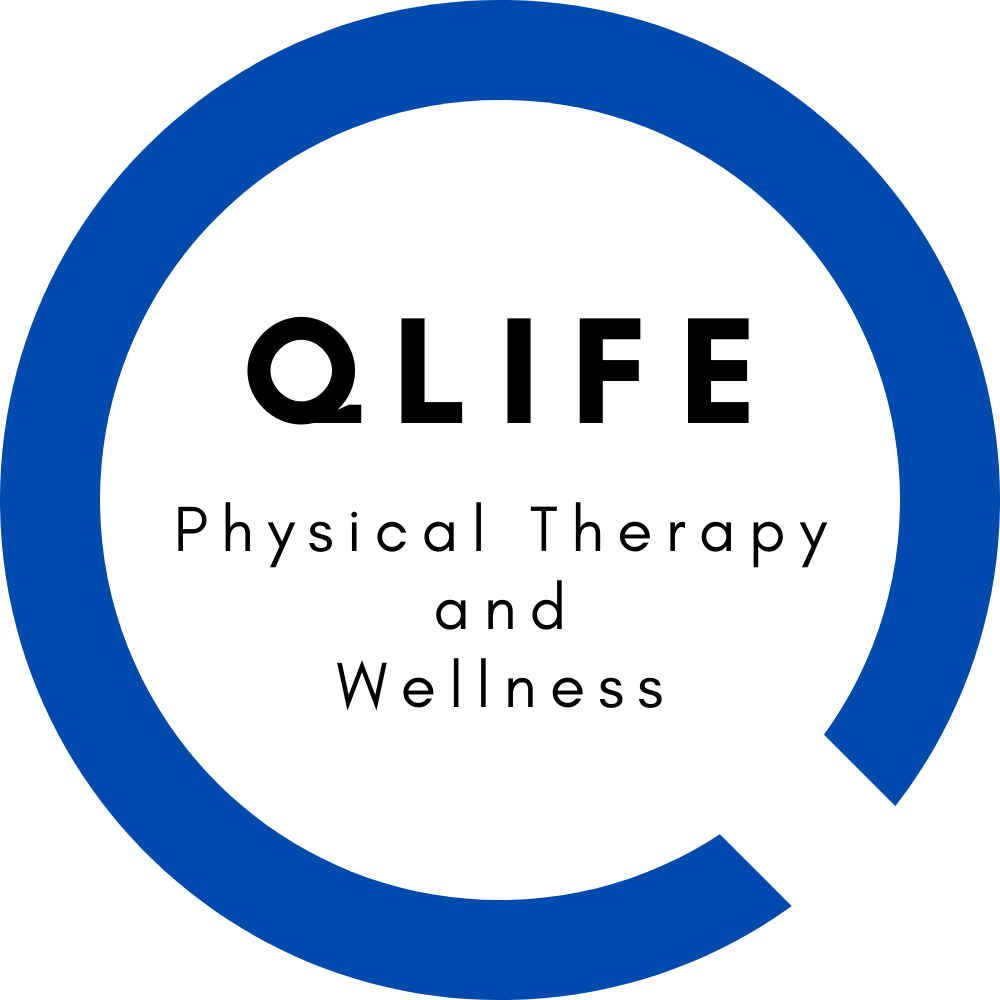
What is Shockwave Therapy and How Can It Help You?
Shockwave therapy, also known as extracorporeal shockwave therapy (ESWT), is an innovative non-invasive treatment option for various musculoskeletal conditions. This therapy utilizes acoustic waves to promote healing and relieve pain, making it increasingly popular among athletes and individuals suffering from chronic pain. There are two primary types of shockwave therapy: focused shockwave therapy and radial shockwave therapy. Each has distinct applications and mechanisms, catering to different patient needs.
Types of Shockwave Therapy
1. Focused Shockwave Therapy
Focused shockwave therapy involves delivering high-energy shockwaves precisely to a targeted area of the body. These waves penetrate deep into the tissue, stimulating metabolic processes and enhancing blood flow to the affected area. This type of therapy is typically used for more severe injuries requiring deeper tissue healing. Common conditions treated with focused shockwave therapy include:
- Tendinitis: Conditions such as Achilles tendinitis and tennis elbow can benefit from the concentrated energies applied to specific tendons.
- Plantar Fasciitis: This common foot condition involves inflammation of the plantar fascia, and focused shockwaves can provide significant relief.
- Calcific Shoulder Tendinopathy: Shockwave therapy can help dissolve calcium deposits within the shoulder, alleviating pain and enhancing mobility.
2. Radial Shockwave Therapy
Radial shockwave therapy employs lower energy waves that spread out more widely, affecting a broader area. This treatment is less invasive and generally more comfortable for patients. It is effective for conditions that may not require deep tissue intervention. Common applications of radial shockwave therapy include:
- Myofascial Pain Syndrome: This therapy can relieve trigger points and muscle tightness, promoting relaxation and reducing pain.
- Tendinopathies: Conditions like patellar tendinopathy often respond well to radial shockwaves, which can provide a soothing effect on inflamed tissue.
- Muscle Strains: Radial shockwave therapy can expedite the healing process for strains by increasing circulation and reducing stiffness.
How Shockwave Therapy Works
The primary effect of a shockwave is to create an effective, direct mechanical force. The exact mechanism by which shockwave therapy acts on an injury is not known. The leading explanation is it accelerates the inflammatory healing response. Shockwaves are thought to cause micro-trauma to the injured tissue. This results in controlled inflammation, which allows the body to send healing cells and increase the blood flow to the injured site.
QLife uses low-energy shockwave treatments which do not require anesthesia or injections. The shockwaves are delivered over 10 – 20 minutes. Occasionally, patients will relate mild temporary discomfort at the treatment site. Patients are usually treated with 3 – 5 sessions separated by a week. Between treatments, patients are able to perform all normal daily activities. Some patients report immediate pain relief but the healing response usually requires 6 – 8 weeks. Shockwave therapy remains a pioneering intervention in the realm of physical rehabilitation. Whether receiving focused or radial shockwave treatments, patients can experience significant pain relief and healing for a range of injuries. With its growing acceptance and positive outcomes, shockwave therapy stands as a vital option for those seeking non-invasive solutions to chronic pain and sports injuries.
Conclusion
Shockwaves can be used to treat many orthopedic conditions, including plantar fasciitis (heel spurs), patellar tendinitis (jumper’s knee), lateral epicondylitis (tennis elbow), medial epicondylitis (golfer’s elbow) and shoulder tendinitis. Multiple quality studies have assessed the efficacy of shockwave therapy and many have shown a significant positive response especially in conjunction with directed exercise. No studies have reported any significant side effects when utilized for orthopedic diagnoses. Shockwave Therapy is safe for most conditions but may not suitable for people with bleeding disorders or who are pregnant.
By optimizing recovery and healing, extracorporeal shockwave therapy can enhance your quality of life and performance.

